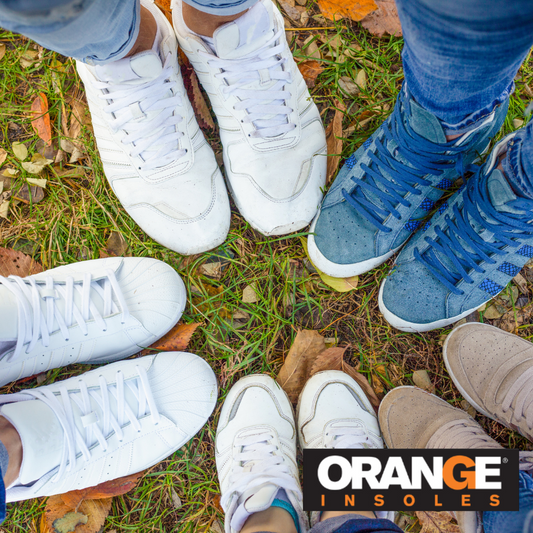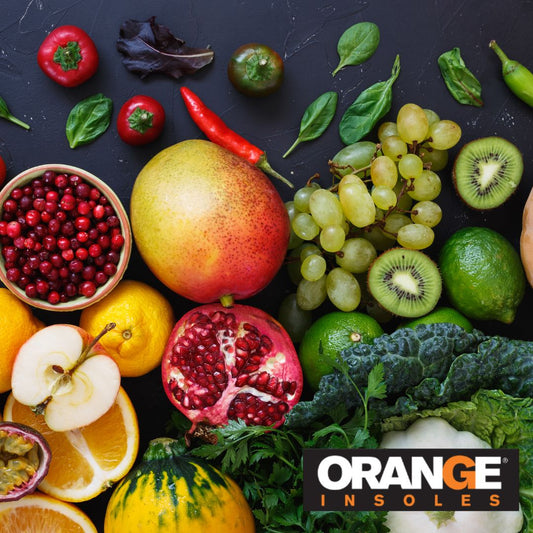Since the very first Earth Day in 1970, millions of people have participated in environmental projects and educated kids to care for the environment. While the founder of Brad Follett felt that Earth Day was a huge step towards cleaning up earth’s beautiful landscapes, he also realized that just one day was not enough. He then declared all of April to be Earth Month.
So, what are ways we can live up to his legacy of helping create a safer, cleaner world for future generations? Well, we can all get involved in small ways so that they can become big changes over time!
Reuse your grocery bags
There are numerous reasons why you should buy reusable bags and stick to using only them. The first and most obvious reason is that grocery bags contribute to an incredible amount of trash in landfills and in the ocean. Americans use a total of about 100 billion plastic bags per year- this requires 12 million barrels of oil to produce. Plastic bags also take anywhere from 20 to 1,000 years to degrade. And no matter where they are, they leave toxic chemicals behind after they break down.
Saying that the problem of plastic is a challenge is an understatement, but reusing grocery bags can dramatically impact the issue. It’s an extremely easy way to be mindful of the environment.
Store drop-off recycling
Many Americans throw away the wrong items in their city recycling bin. The following items are usually safe to put in your curbside recycling bin:
- Bulky plastic items (e.g. chairs, buckets)
- Cardboard
- Paper-based items
- Glass bottles and jars
- Aluminum cans
- Plastic bottles and containers
It’s different from city to city, so check with your local recycling program. Many items aren’t suitable for the blue bin. This is where store drop-off locations come in handy.
More items can be dropped off at nearby stores since they have their own programs. It varies from location to location, but you can get started with this store locator. These things can be recycled through a store:
- Most plastic bags
- Plastic wraps (e.g. plastic casings around multi-packs of water bottles, diapers, paper towels)
- Plastic pouches
Taking these along with you to your next shopping trip requires only a small change in your routine and it can set an example for others to do the same.
Use bar soap
When it comes to liquid v.s. bar soap, there is more than meets the eye. Generally speaking, bar soap requires less or no packaging, so there’s less waste and energy involved. The packaging for liquid soap requires 20 times more energy for manufacturing, while the raw material itself requires 5 times more energy. Research has also found that people generally use way more liquid soap per pound than bar soap- prompting consumers to buy more of it. So, not only can it help save the environment, but it may just help out your wallet over time.
Unplug electronics
Many people aren’t aware of how much energy is used in common household items that aren’t even in use. While unplugging big appliances like the refrigerator and the dishwasher aren’t wise, unplugging smaller devices can often do the trick for a smaller energy bill. After all, “Vampire” electronics may be responsible for up to 20% of your energy bill.
These are the items you should unplug whenever you don’t need them:
- Small kitchen appliances (e.g. blender, coffee maker, can opener)
- TV
- Cable box
- Stereo equipment
- Chargers
- Computers
- Printers
- Power strips
Buy a reusable water bottle
Besides plastic bags, water bottles are another main contributor to landfills across the U.S. Of the 50 billion water bottles that are produced and used, only 23% are recycled. If it’s not properly disposed of, lots of plastic ends up in the ocean and affects its ecosystems. Many aquatic and marine animals end up ingesting plastic.
With a reusable water bottle, you can save money, and help protect the ocean and your own health. Not to mention avoid the possible effects of ingesting plastic contaminents and bisphenol-A (BPA), a chemical used to coat the inside of cans and bottles.
Aside from its possible links to type 2 diabetes, higher blood pressure and cardiovascular disease, BPA may also mimic the effects of estrogen in the body- leading to an increased risk of breast cancer. Luckily, many reusable bottles are BPA-free and will display it on their labels.
Earth Month teaches that helping out the environment doesn’t have to be difficult. While it’s awesome to have grand plans for cleaning up the earth, change is possible within your own home and through inspiring others. Seemingly insignificant changes to our lives can truly add up if we all work together. There are, after all, billions of us people and only one planet to care for!

























































